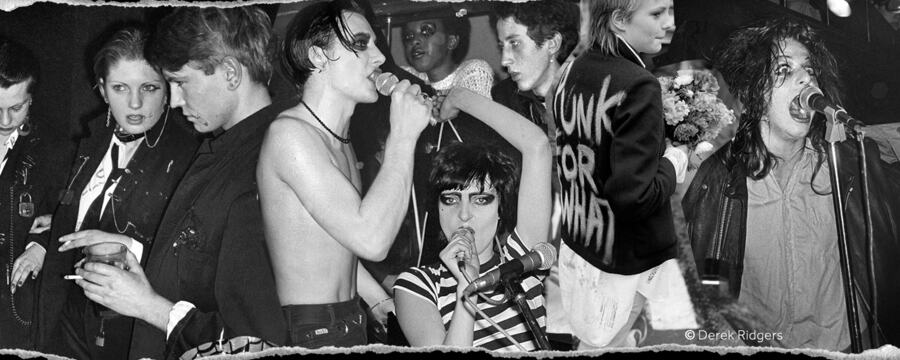Home / Creative Arts & Media / British History / Anarchy in the UK: A History of Punk from 1976-78 / Punk and the Fanzine
This article is from the free online
Anarchy in the UK: A History of Punk from 1976-78


Reach your personal and professional goals
Unlock access to hundreds of expert online courses and degrees from top universities and educators to gain accredited qualifications and professional CV-building certificates.
Join over 18 million learners to launch, switch or build upon your career, all at your own pace, across a wide range of topic areas.








